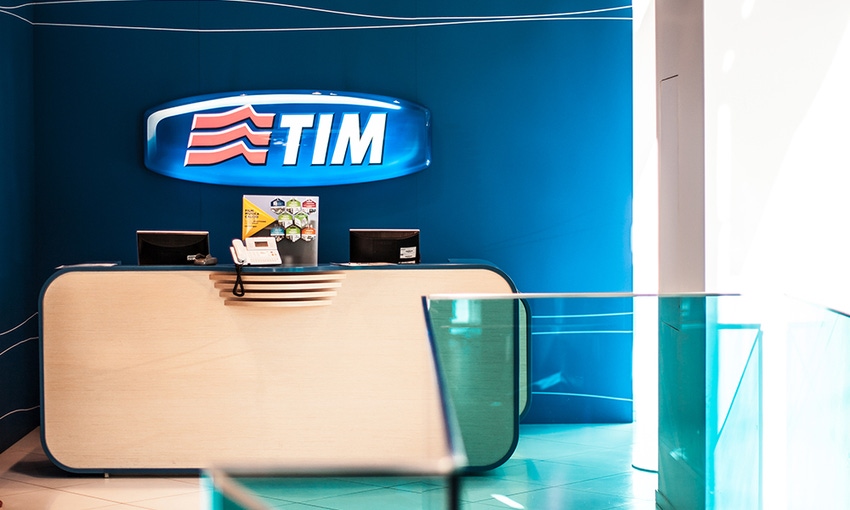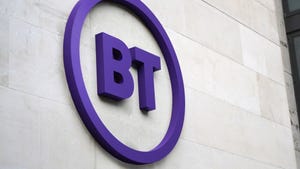In a protracted M&A saga, Telecom Italia (TIM) has completed the sale of its stake in Telecom Argentina parent company Sofora to investment firm Fintech, while also pledging nearly €12bn to network investment initiatives.
March 9, 2016

In a protracted M&A saga, Telecom Italia (TIM) has completed the sale of its stake in Telecom Argentina parent company Sofora to investment firm Fintech, while also pledging nearly €12bn to network investment initiatives.
The deal had been initially agreed back in late 2013, but ran into problems in 2014 when the then regulator, SeCom, put the brakes on any potential $960million deal amid concerns over Fintech’s ability to sufficiently operate the country’s incumbent telco.
Since then, according to Reuters, there’s been a hefty regulatory reshuffle in Argentina. SeCom was replaced by AFTIC, a reformed regulatory body for telecoms and ICT, which was also opposed to the deal. After former Argentinian president Cristina Pernandez’s reign came to a close, AFTIC then merged with another government department to create Enacom. It was Enacom which then performed a U-turn which resulted in approval for TIM selling off its stake in Sofora to Fintech.
The completion of the transaction means, in total, TIM has raised nearly $1 billion from various transactions with Fintech, all of which relate to the sale of its stake in Sofora and ancillary operations. The sale ostensibly helps fund a three year business plan presented by TIM’s CEO Marco Patuano to trade unions this week.
The plan pledges nearly €12bn of investment towards various fixed and mobile network improvements; including €3.6bn on its fibre network, €1.2bn on its LTE network, €400mn into its Sparkle subsidiary, and nearly €7bn dedicated for innovation initiatives like cloud, ICT, NFV and other next generation networking technologies.
“This plan confirms us as leader in the development of infrastructure and in the digitisation of the country,” said Patuano. “In fact, by the end of 2018 we expect to reach 84% of the population with fibre optics and 98% with the LTE (4G) mobile network. For our group, 2016 represents an important year in the transition from a traditional telco to a digital telco & platform company enabler of the country’s digital life: a business model based on innovative infrastructure and an excellent customer service increasingly aimed at disseminating premium services and digital content within a customisable platform. A process aimed at consolidating our leadership and supporting the future growth of our company.”
The announcement points towards more optimistic times ahead for TIM after the telco finally returned to profit last year for the first time since 2010.
About the Author(s)
You May Also Like








.png?width=300&auto=webp&quality=80&disable=upscale)


_1.jpg?width=300&auto=webp&quality=80&disable=upscale)


.png?width=800&auto=webp&quality=80&disable=upscale)